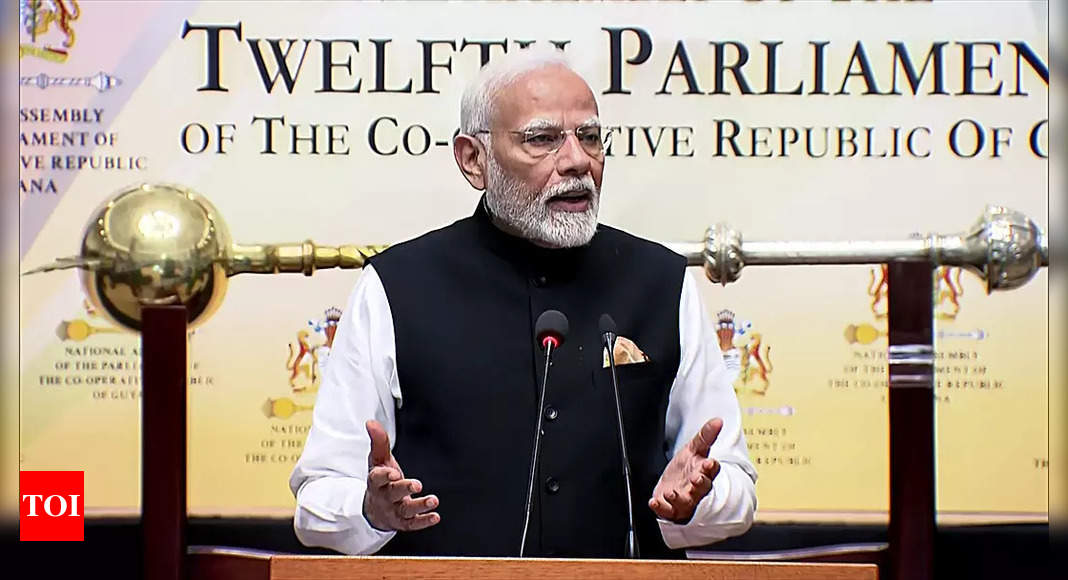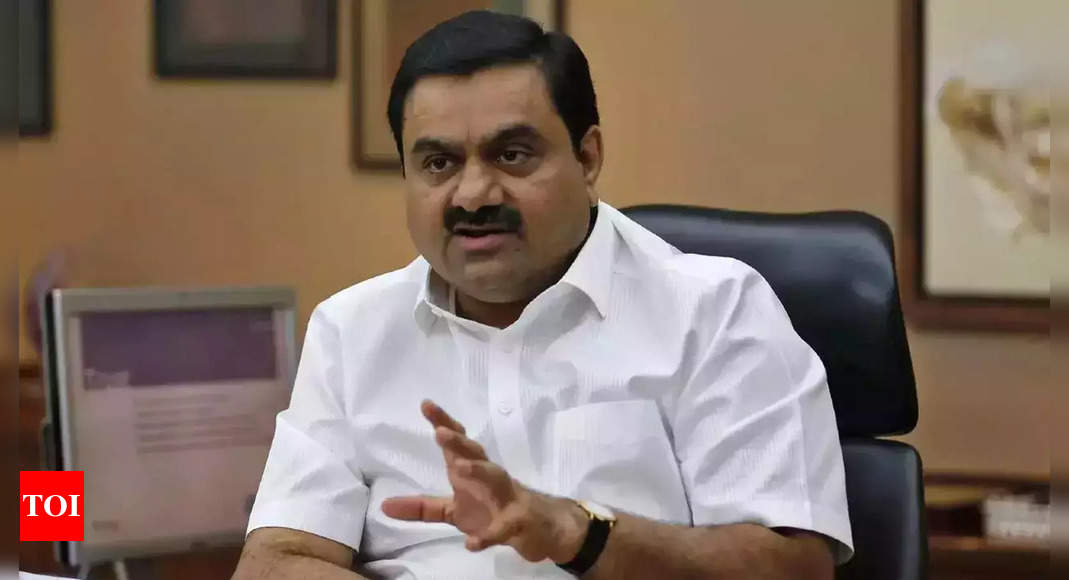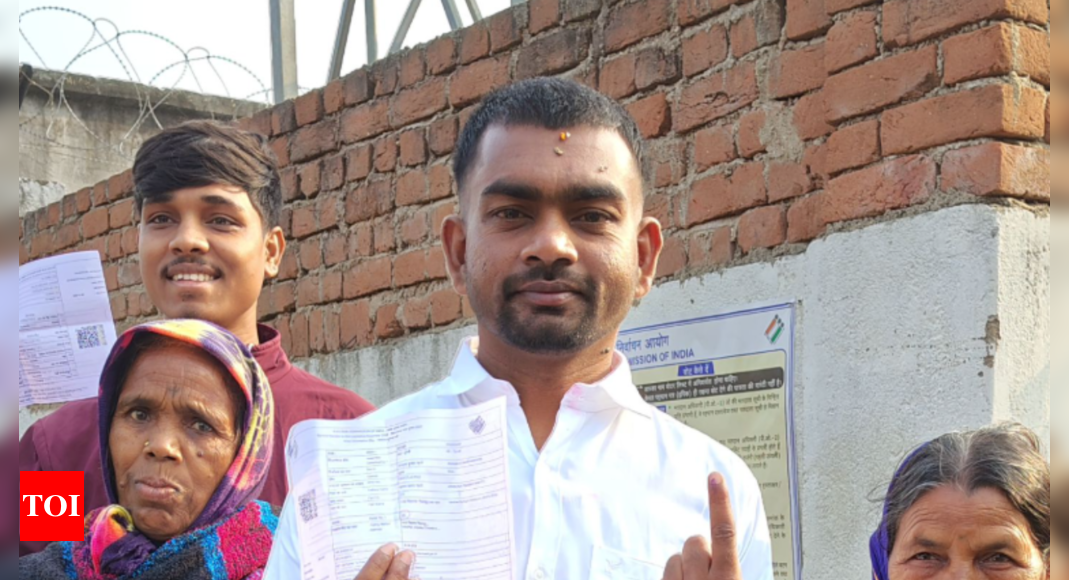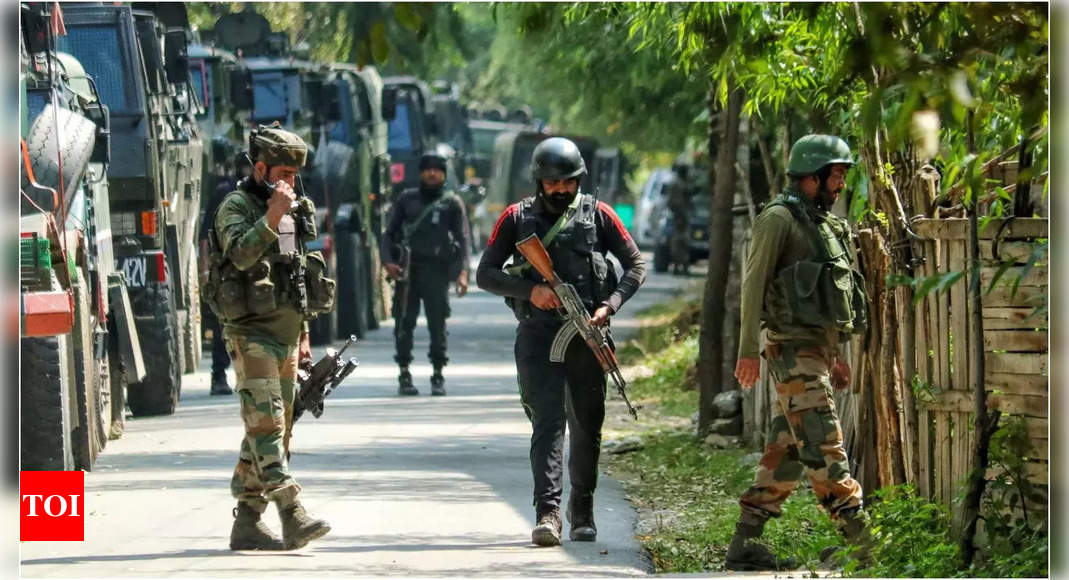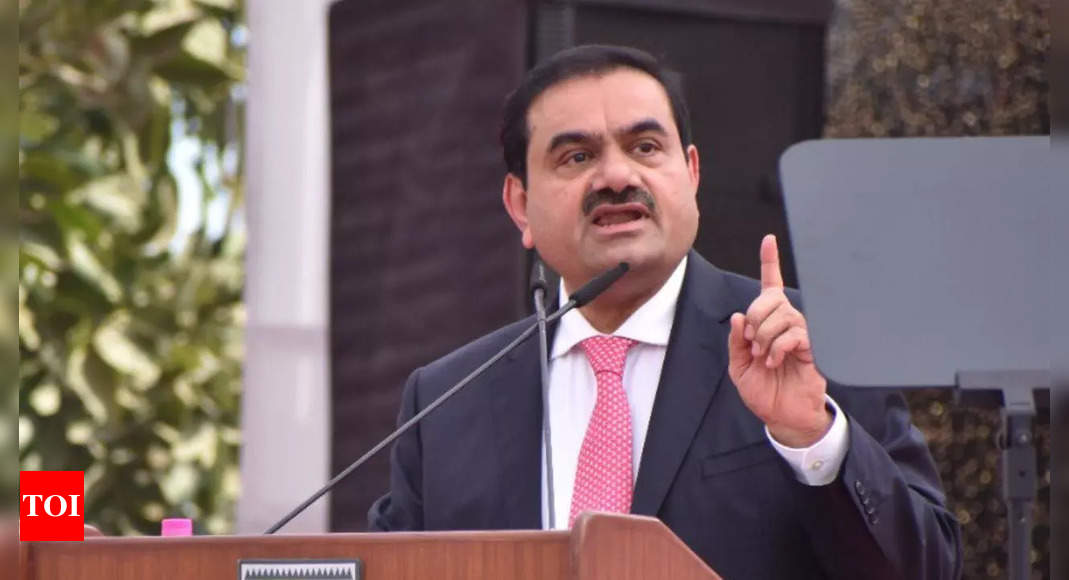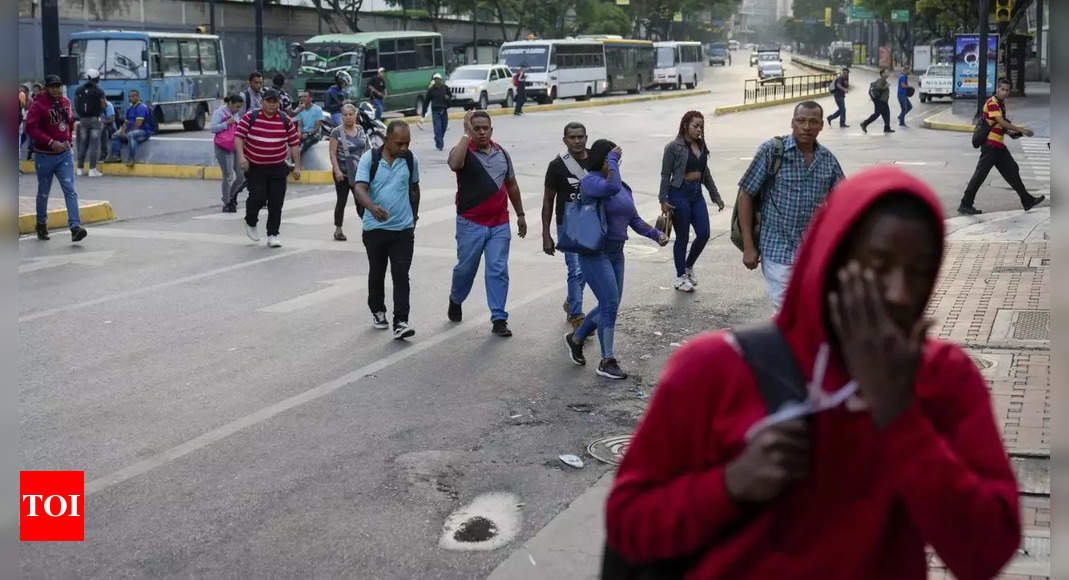
A nationwide blackout. A broken economy. A widely contested prez . A populace terrified of its autocratic leader and his increasingly violent security forces.
What’s a president to do?
Declare the early arrival of Christmas, of course.
Facing widespread domestic and international criticism over his claim that he won a July presidential vote, Prez Nicolas Maduro of Venezuela is trying to turn the nation’s attention toward the one thing almost every Venezuelan loves: Christmas.The holiday season will begin on Oct. 1 this year, he announced Monday on his TV show, “More with Maduro”, telling a friendly audience that he was moving up the start of the holiday by way of national decree. “Smells like Christmas!” he told the crowd, which included his wife and several top officials. They responded with cheers and applause. The season would begin, he said “with peace, happiness and security.”
This is not the first time that Maduro, who has been in power since 2013, has begun the holiday season so early. But the announcement, coming amid so much national turmoil, only underscored the widening chasm between the govt’s assertion that Venezuela is flourishing and the reality on the ground. A journalist for Univision, Felix de Bedout, called it part of the “dictator’s delirium.”
Inside the country, many people responded with deep sadness – Maduro co-opting even their favourite holiday – and anger. Marco, 63, a bus driver in the city of Maracaibo, called the announcement a “mockery” of all those suffering under the current govt, adding that Christmas in Oct was “great news” only for the president and “those in the government who have become richer as we have become poorer.” Anabella, 25, a student, said the country was not in the mood for a “party until dawn.” “It is in the mood for freedom,” she said. “It is in the mood for democracy, it is in the mood for its vote to be respected.” (With Maduro’s govt arresting people over even small indications of dissent, NYT is using just their first names.)
Some people, however, have defended him. “Who can refuse to extend the most beautiful time of the year?” wrote Barry Cartaya, a journalist for a pro-govt television channel, on X. He called critics “bitter”.
In Venezuela, Christmas is a beloved holiday whose celebration is practically a patriotic duty. Festivities often begin days or weeks before Christmas Eve, with large groups gathering to make hallacas – tamales stuffed with meat, olives and even raisins – and sing folk songs. In recent years, Christmashas grown bittersweet: so many Venezuelans have migrated amid the economic and political crisis that parties within the nation are far smaller. NYT
What’s a president to do?
Declare the early arrival of Christmas, of course.
Facing widespread domestic and international criticism over his claim that he won a July presidential vote, Prez Nicolas Maduro of Venezuela is trying to turn the nation’s attention toward the one thing almost every Venezuelan loves: Christmas.The holiday season will begin on Oct. 1 this year, he announced Monday on his TV show, “More with Maduro”, telling a friendly audience that he was moving up the start of the holiday by way of national decree. “Smells like Christmas!” he told the crowd, which included his wife and several top officials. They responded with cheers and applause. The season would begin, he said “with peace, happiness and security.”
This is not the first time that Maduro, who has been in power since 2013, has begun the holiday season so early. But the announcement, coming amid so much national turmoil, only underscored the widening chasm between the govt’s assertion that Venezuela is flourishing and the reality on the ground. A journalist for Univision, Felix de Bedout, called it part of the “dictator’s delirium.”
Inside the country, many people responded with deep sadness – Maduro co-opting even their favourite holiday – and anger. Marco, 63, a bus driver in the city of Maracaibo, called the announcement a “mockery” of all those suffering under the current govt, adding that Christmas in Oct was “great news” only for the president and “those in the government who have become richer as we have become poorer.” Anabella, 25, a student, said the country was not in the mood for a “party until dawn.” “It is in the mood for freedom,” she said. “It is in the mood for democracy, it is in the mood for its vote to be respected.” (With Maduro’s govt arresting people over even small indications of dissent, NYT is using just their first names.)
Some people, however, have defended him. “Who can refuse to extend the most beautiful time of the year?” wrote Barry Cartaya, a journalist for a pro-govt television channel, on X. He called critics “bitter”.
In Venezuela, Christmas is a beloved holiday whose celebration is practically a patriotic duty. Festivities often begin days or weeks before Christmas Eve, with large groups gathering to make hallacas – tamales stuffed with meat, olives and even raisins – and sing folk songs. In recent years, Christmashas grown bittersweet: so many Venezuelans have migrated amid the economic and political crisis that parties within the nation are far smaller. NYT




